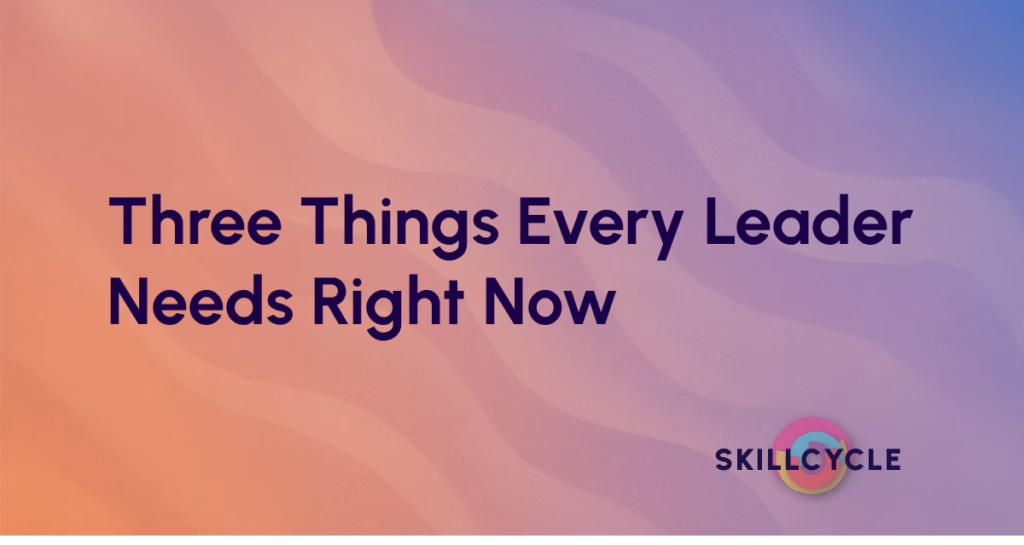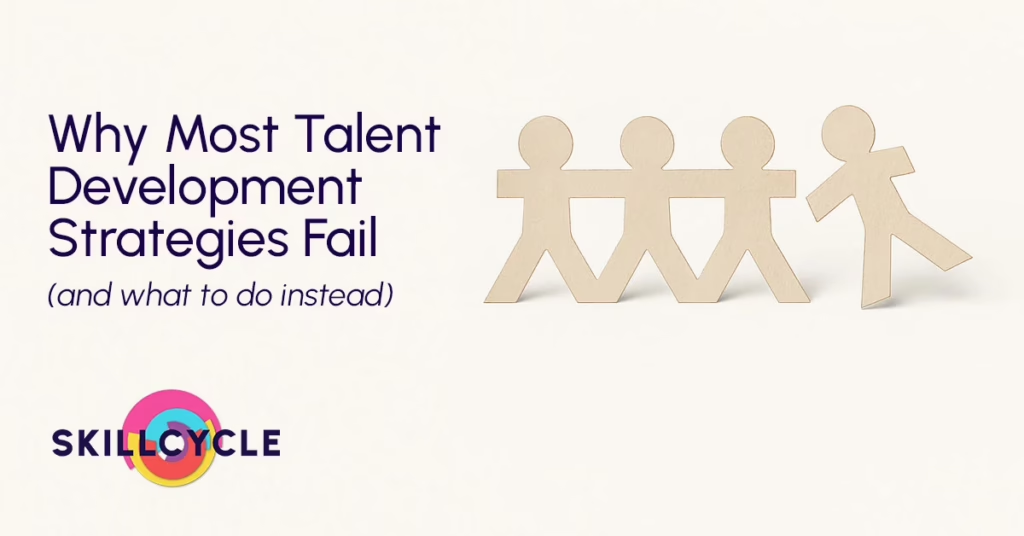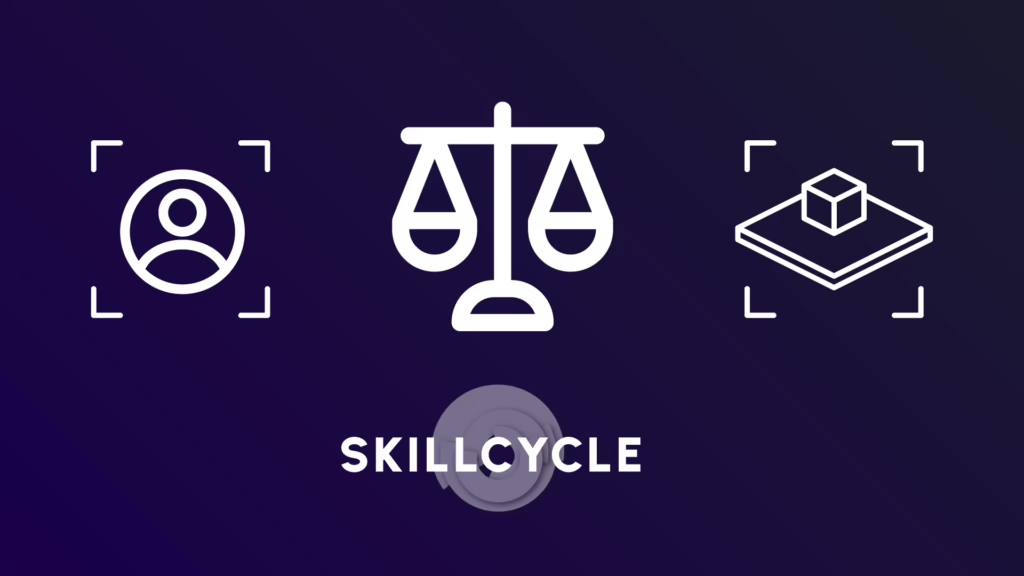Restoring Human Connection at Work

Managing people is never easy. It’s something we must work on every day with ourselves and others. We all want to protect our teams and achieve fruitful outcomes for each other to make personal and company goals happen. There are a lot of ways to stay true to our people in the process of leading, coaching and managing them and there is one way that you can fulfill your promise to them every day.
13 Tips To Help Businesses Decide Whether To “Stay The Course” Or Embrace The Latest Tech

Since New technologies are developed and released almost daily, leaders of young businesses may think they need to implement the latest tech immediately to keep up or, if they’re in tech development themselves, rush a new product to market. But that’s not always the smartest move—with technology, as with anything else, “new” doesn’t always equal “better,” and “first” doesn’t always equal “winner.”
Why Most Talent Development Strategies Fail

Your employees are already using ChatGPT for career advice. Your managers rely on fragmented systems like Lattice or Culture Amp that don’t connect performance to development. And your HR team? They’re stuck trying to prove ROI across disconnected tools.
The Rising Importance Of Soft Skills In An Automated Workplace

According to recent data from McKinsey, despite the significant investment in AI technologies across industries, many organizations are still developing their AI implementation strategies, with nearly half of C-suite leaders expressing concern about the pace of AI adoption due to skill gaps in their workforce.
VUCA Leadership: Thrive by Flipping the Script

Organizations today operate in conditions defined by Volatility, Uncertainty, Complexity, and Ambiguity (VUCA). Originally introduced by Warren Bennis and Burt Nanus in the 1980s and later expanded by the U.S. Army War College, the concept of VUCA describes environments where rapid change, unpredictable disruptions, and multi-layered challenges create strategic uncertainty.
How a Human-First Platform Supports the Employee Lifecycle

Employees want to feel valued at work, and companies that meet this need are more likely to retain the talent they require to be successful. The key is understanding the employee lifecycle (how staff experience your organization throughout their career within it), so you can engage individual team members more effectively at each stage.
This Is Why Adding Durable Skills Should Be Your Team’s Top Priority

Want Long-Term Value? Build Durable Skills in Your Teams February 5th, 2024 – By Rebecca Taylor, CCO and Co-founder of SkillCycle Durable skills are capabilities that help employees succeed, regardless of how industries or technologies evolve. Foundational strengths like adaptability, communication, and problem-solving aren’t secondary priorities; they are essential as workplaces change. Expanding your team’s […]
Do Your Employees Know The Path Forward?

Personalized Learning Amps Up Alignment — and Performance January 22nd, 2025 – By Andrew Hibschman, VP of Customer Success with SkillCycle Personalized learning can help your employees understand their vital role in your company’s success and how their efforts contribute to overall performance. The benefits flow both ways. According to McKinsey, organizations offering highly effective […]
Top 3 HR Skills to Strengthen in the New Year

Top 3 HR Skills to Strengthen in the New Year January 21st, 2024 – By Jeff Reid, COO & CPO of SkillCyclele The beginning of a new year is a time of reflection and planning, and for HR leaders, it’s an opportunity to focus on building essential HR skills. While much of the HR profession […]
HR Metrics: Shifting the Conversation From Data to Impact

HR teams face increasing pressure to demonstrate their impact, but with too many priorities, it’s easy to lose sight of what truly matters. Learning to connect HR metrics to others on the team can help solidify support for established and new HR initiatives.

